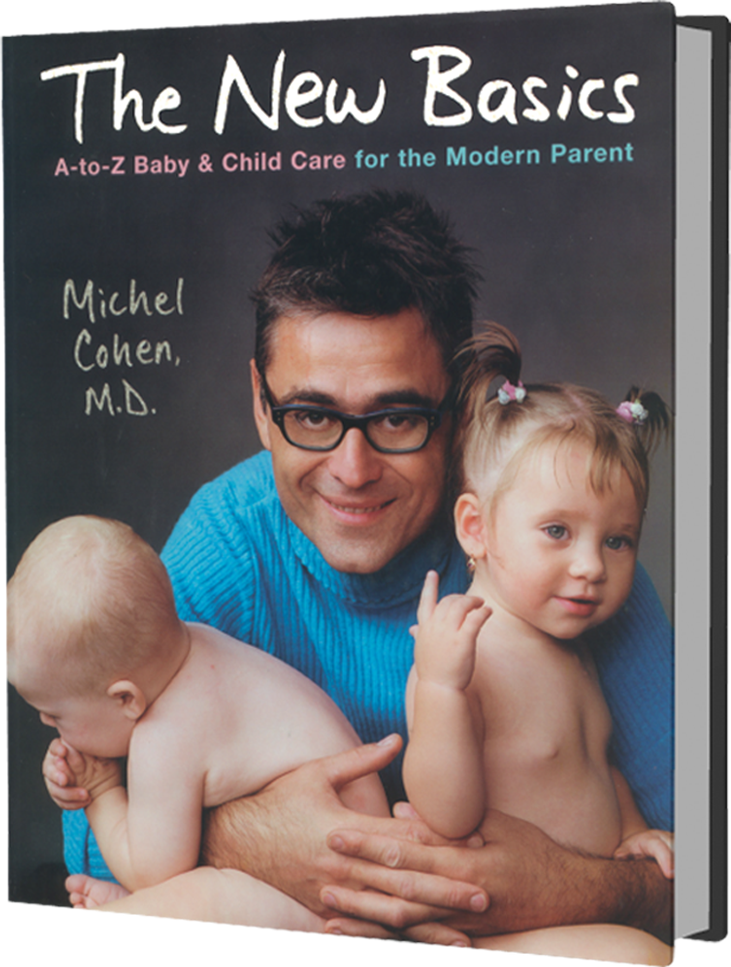
Sun Protection
The sun isn’t always poison. It’s even good for the skin in reasonable amounts, and it gives you a free dose of vitamin D. In recent years, as we’ve become hypersensitive to the risk of skin cancer, people have started blocking the sun to the point of obsession; you can see parents walking down a sunny street with tightly wrapped bundles that, upon closer inspection, turn out to be babies wearing sunglasses.
It’s true that in high or prolonged quantities, the sun’s ultraviolet rays can have negative long-term effects on skin, ranging from aging to cancer. Although sunscreen is very efficient at preventing burns and is recommended by all skin experts, it has not yet been proven to prevent skin cancer. Similarly, sun exposure is believed to affect the vision later in life, but sunglasses haven’t been found to positively decrease the consequences of long-term UV exposure on the eyes.
Applying sunscreen on babies younger than six months is not recommended, because it can be absorbed through their thin skin, and nobody knows if it’s harmless or not. At this age, the best sun protection is to keep Lucy in the shade, covered with loose clothing and a hat. As for older children, as soon as they start moving around—since you can’t handcuff them to the umbrella—you should keep them covered as well. Apply a sunscreen with SPF 30 generously and evenly to avoid localized sunburns a half hour before sun exposure. Repeat the application every couple of hours. If the kids are playing in water, reapply the sunscreen hourly, because it washes off (even if it’s waterproof). The preparations that combine chemical sunscreen (which absorbs UV rays) with a physical sunblock in the form of zinc oxide or titanium dioxide (which block UV rays) have a higher SPF but can leave a temporary white film on the skin.
As for those multicolor shades on Lucy’s nose, she may look cool with them, but they’ll keep falling off her face. Keeping her hat on her head and all of her in the shade will provide appreciable protection. The experts do recommend sunglasses for older kids who spend prolonged periods in the sun, but if you figure out how to have yours keep them on, please let me know, so I can try your technique on my own kids.




 MEDICATION DOSAGE
MEDICATION DOSAGE

